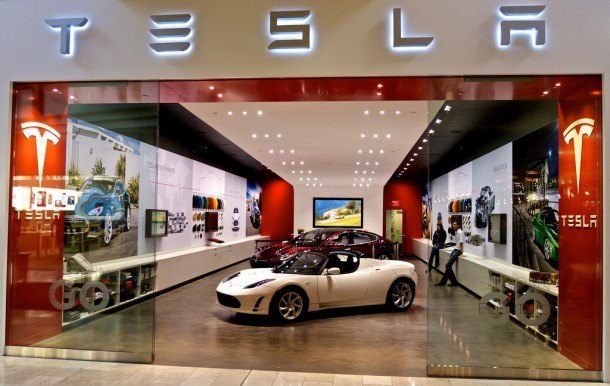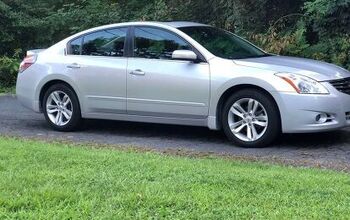Study: Connecticut EV Dealer Incentive Program Could Improve Technology Adoption Rates
While most states and the United States government offer tax credits to consumers for purchasing an electric vehicle or plug-in hybrid, Connecticut instead offers dealers the incentive to sell EVs and PHEVs, a move research group Navigant Research claims could be more effective at bringing about greater adoption of the new technology.
Autoblog Green reports the Connecticut Revolutionary Dealer Award program offered by the state’s Department of Energy & Environmental Protection — or DEEP — which will bestow an award upon the dealership who moves the most EVs in a six-month period ending July 31st, as well as for the dealership whose sales and leases account for a significant percentage of overall sales, could help push non-Tesla dealers normally reluctant to sell an EV to learn about their offerings, thereby leading to more sales.
In addition, Navigant suggests Connecticut offer incentives to those who do purchase an EV, as well as offer EV HOV lane access; the state already provides grants to agencies purchasing EV charging stations, totaling $175,000 divided by 50 towns, businesses and schools for 75 such units thus far.
Seattle-based writer, blogger, and photographer for many a publication. Born in Louisville. Raised in Kansas. Where I lay my head is home.
More by Cameron Aubernon


































Comments
Join the conversation
Just stop this nonsense.
My son lives and works in north eastern NJ, and I'm familiar with the rush hour driving conditions there. I feel that an EV is an excellent solution for those cases. An electric motor at slow speeds will be drawing very little energy, and batteries should last considerably. Plus while stopped, the current draw from the traction motors will be negligible. Now on snowy conditions, that is another matter.
Fluff and nonsense. If I still can't afford an EV, it doesn't matter if the salesman tries his hardest to sell it to me; I still ain't biting. CT could do some simple things to make EV buying a better experience. Free parking in Hartford for one, and accesss to HOV lanes as well. Cash on the hood is nice, but Norway is selling EVs like hotcakes because of all the benefits that come along with EV ownership. I'm a CT resident, and this state is doing everything it can to drive me and my fellow young folks out. The only thing keeping me around is the busway (I'm one of the few people who wants it apparently, and I think it will be a big boon) and my family. But this idea is STOOPID.
Let Tesla (and any other auto manufacturers) sell direct to consumers. That beats the pants off any dealer incentives. Tesla is already highly motivated to sell its own cars. Direct sales need to happen for a lot of other reasons anyway.